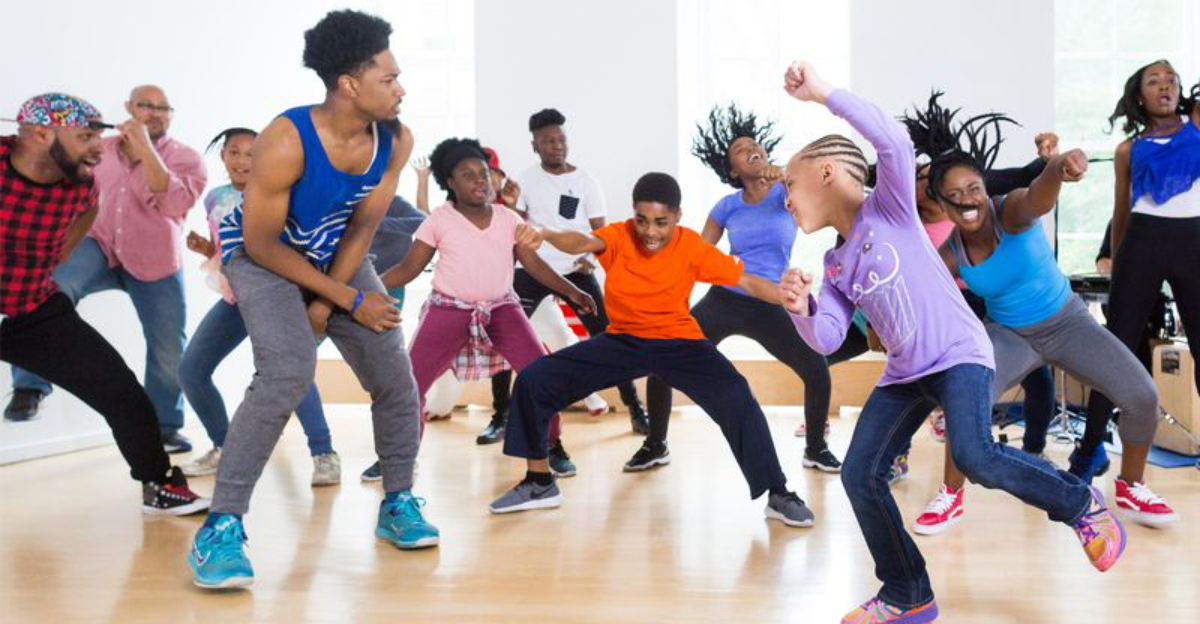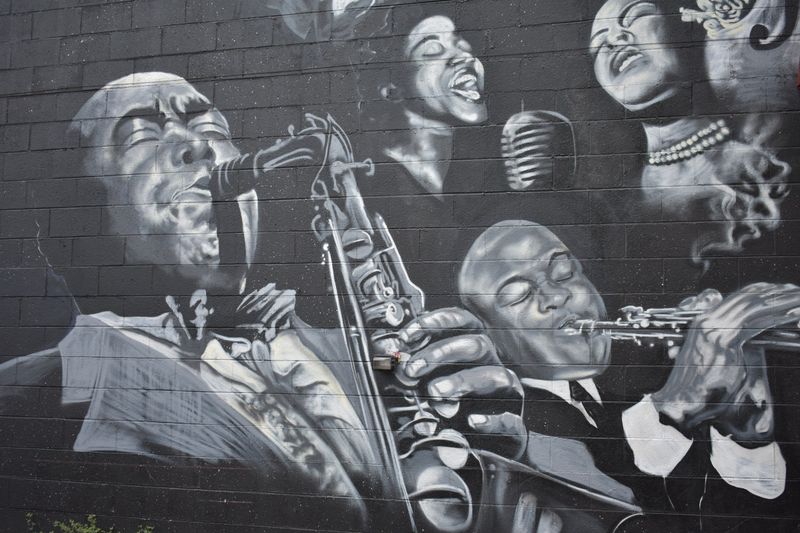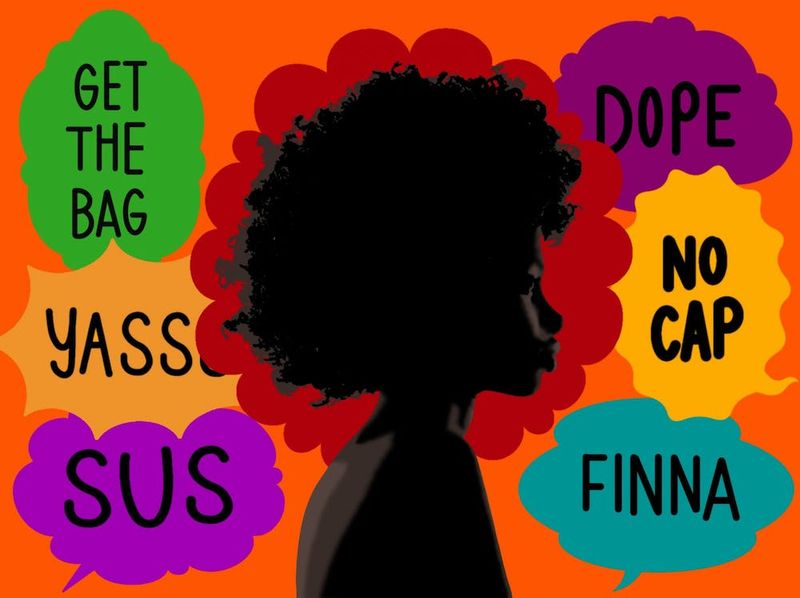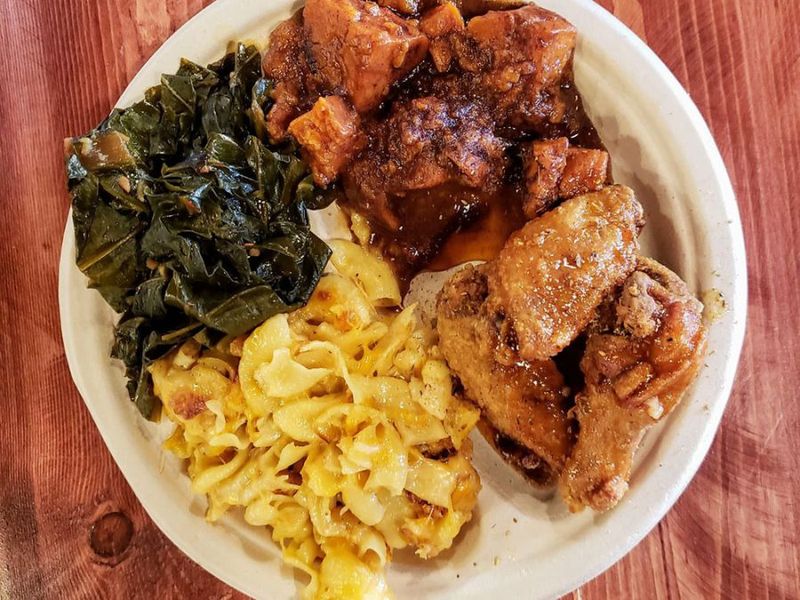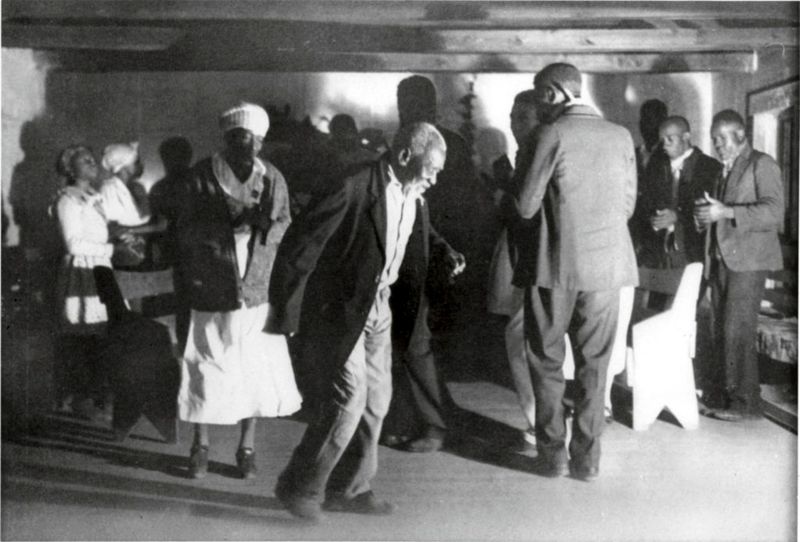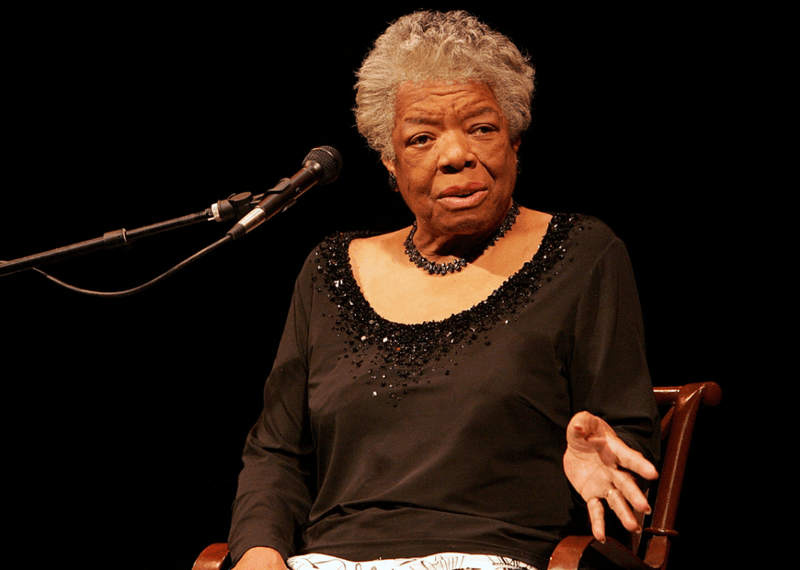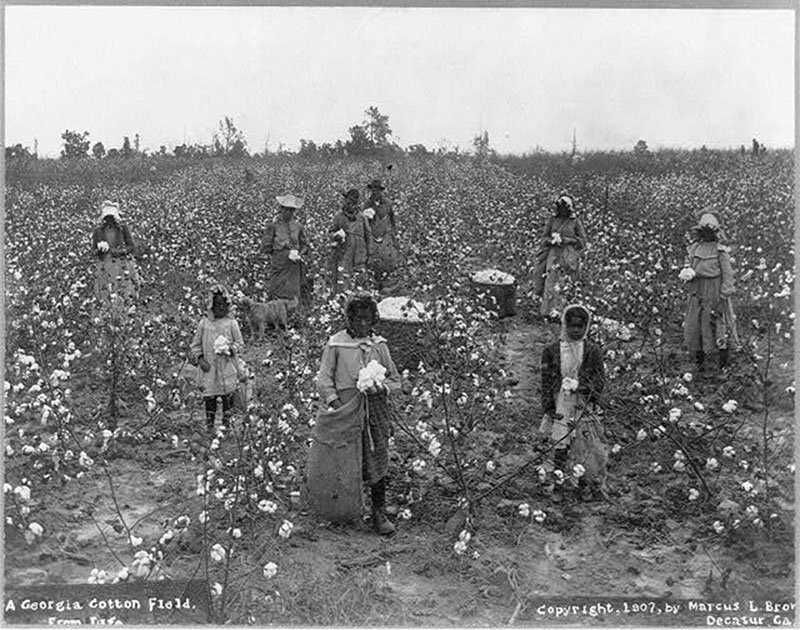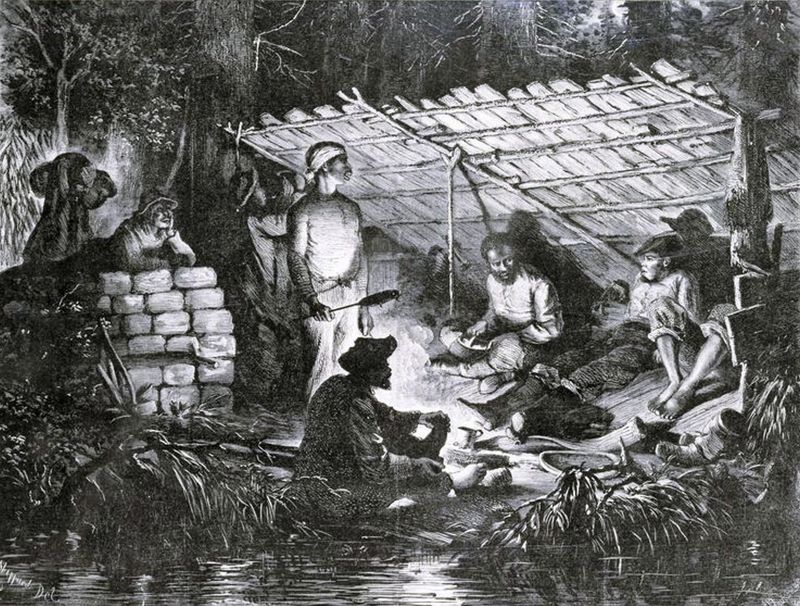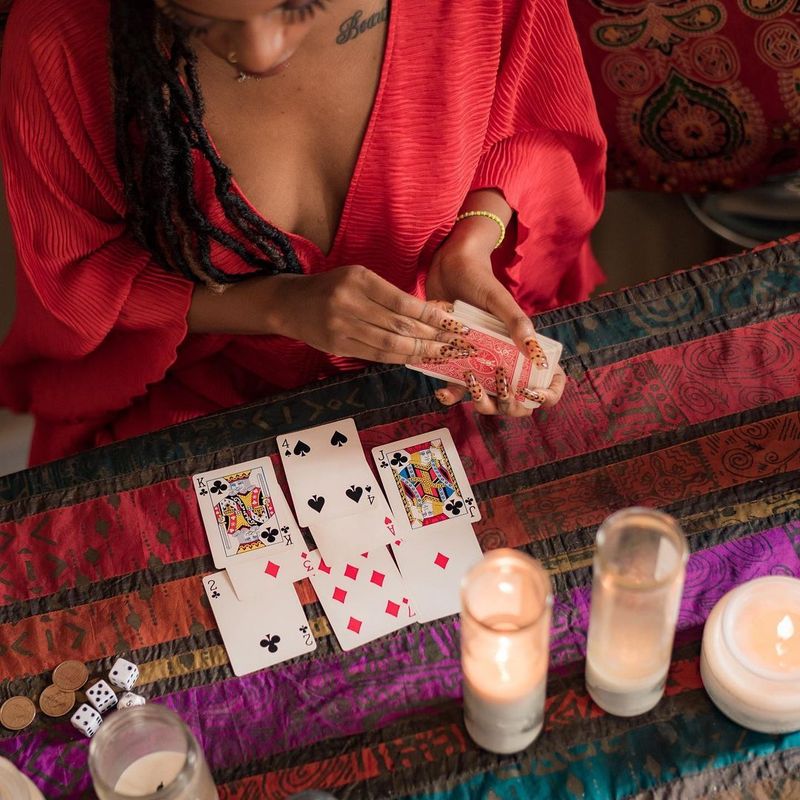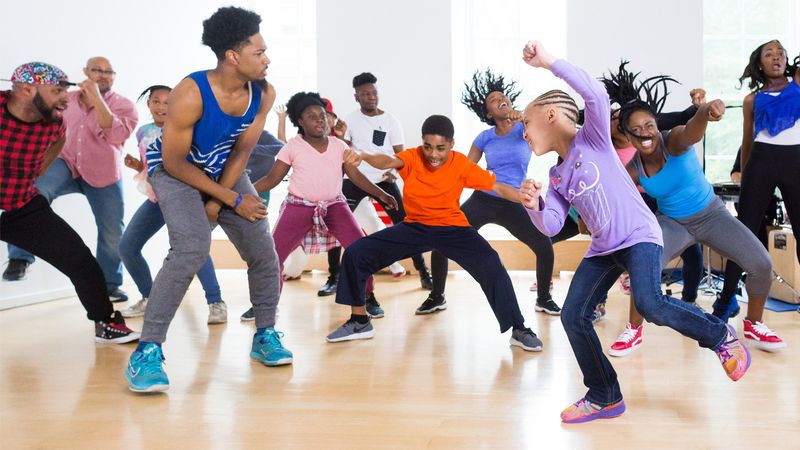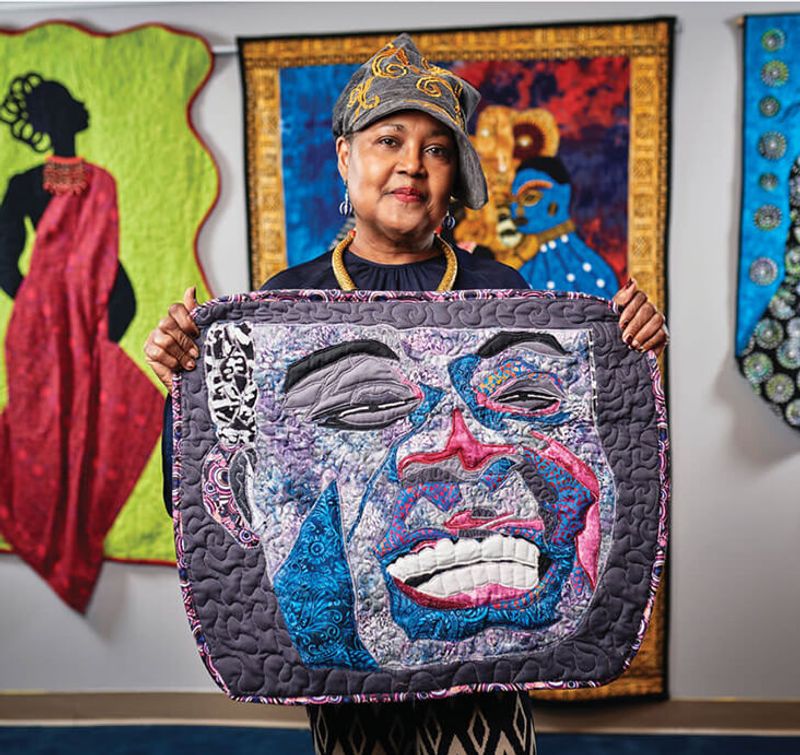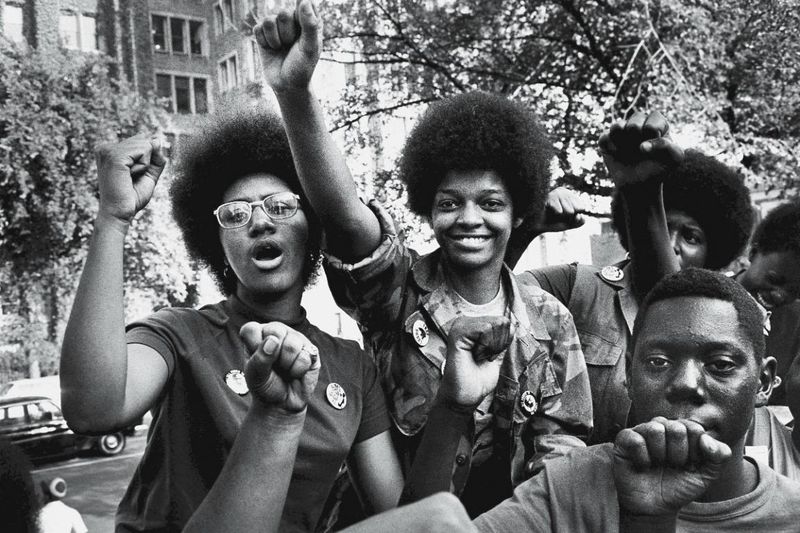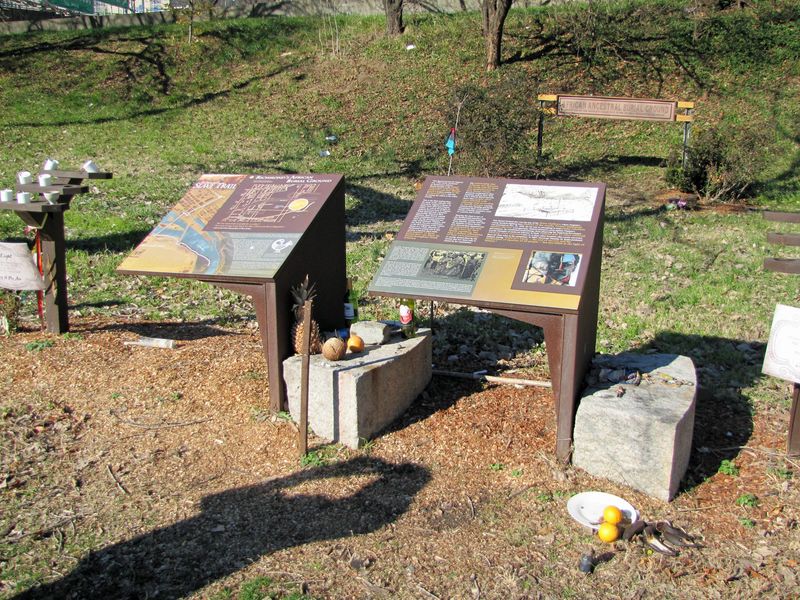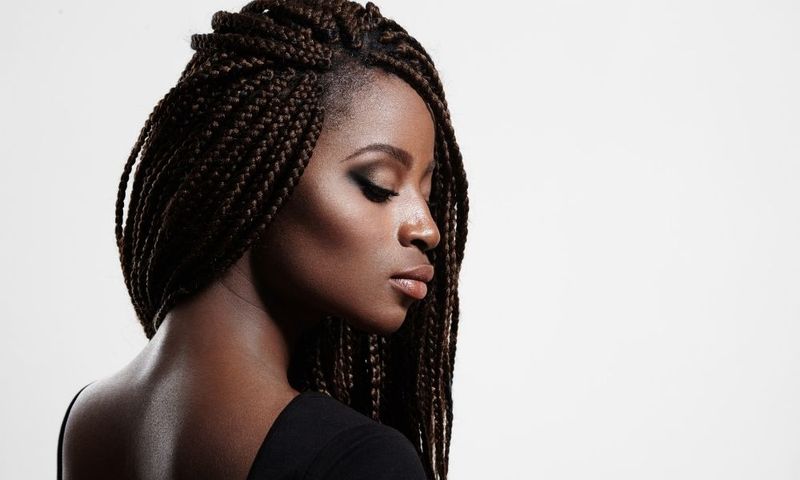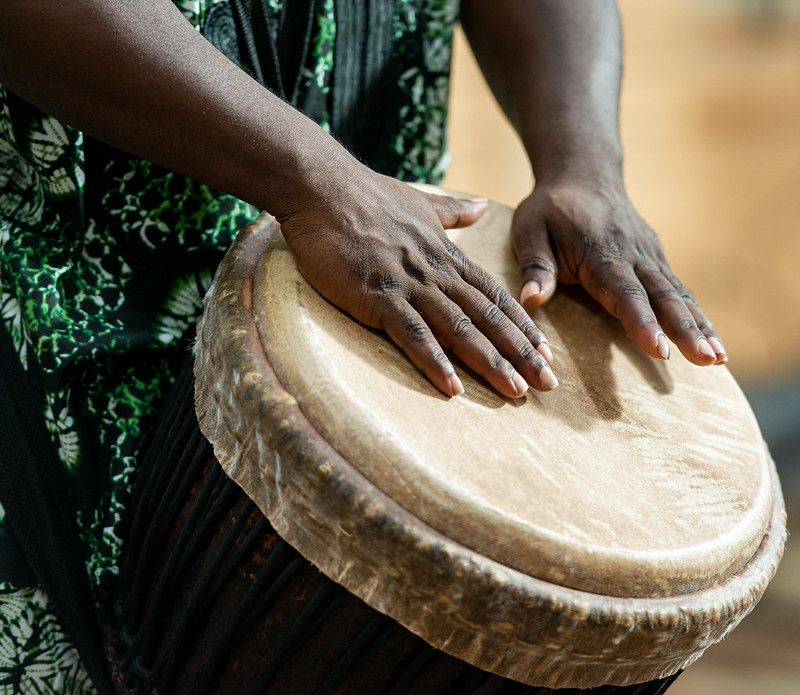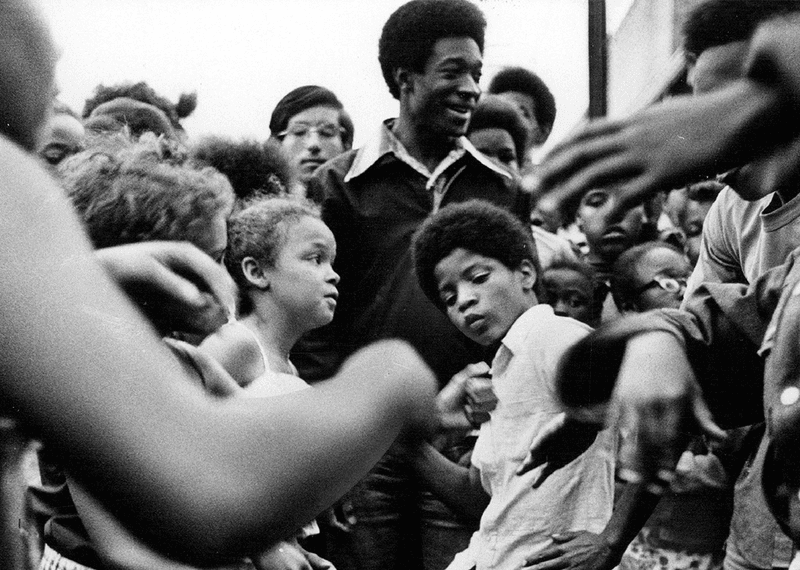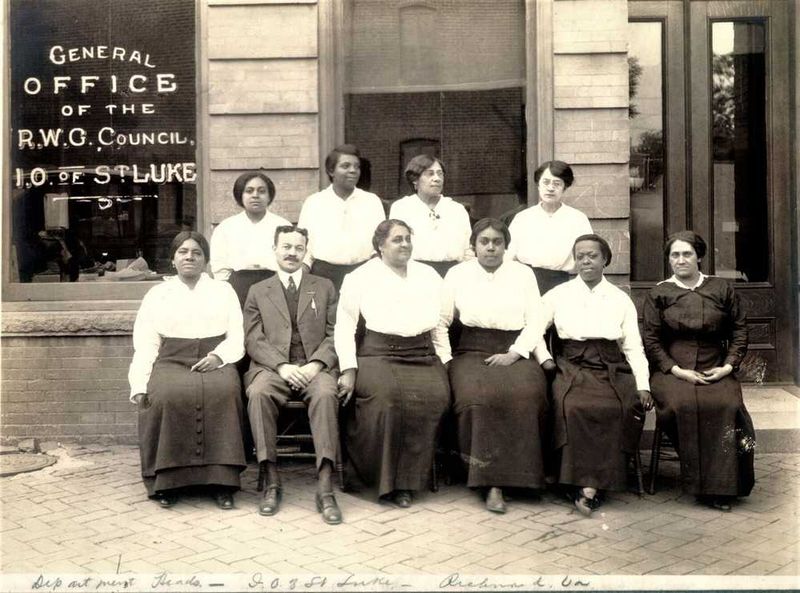African traditions have deeply influenced the American cultural landscape, often in ways that go unnoticed. From music and language to food and social practices, these cultural elements have woven themselves into the fabric of modern America. This blog post explores 17 African traditions that have played a significant role in shaping the United States as we know it today.
1. Musical Innovations (Blues, Jazz, Rock, Hip-Hop)
African musical traditions, such as call-and-response and polyrhythms, laid the foundation for various American genres like blues, jazz, and hip-hop. The banjo, often associated with folk and country music, has its origins in West Africa. Improvisation, a key element in jazz, also traces back to African roots. These musical styles have not only shaped American music but have also influenced global soundscapes, captivating audiences worldwide with their rich, emotive qualities.
2. African American Vernacular English (AAVE)
Have you ever wondered why certain slang terms feel so vibrant and expressive? African American Vernacular English, or AAVE, has its linguistic roots in West African languages. Many words and grammatical structures used in AAVE have permeated mainstream American slang and pop culture, influencing how we communicate today. This dialect not only reflects a history of resilience and creativity but also serves as a cultural identity marker for African Americans. Through television, music, and social media, the dynamic expressions of AAVE continue to thrive and evolve.
3. Southern Cuisine (Soul Food)
Why does the aroma of fried chicken or the taste of collard greens evoke such warmth and nostalgia? The roots of Southern cuisine, often referred to as “soul food,” can be traced back to African agricultural and culinary traditions. Ingredients like okra, black-eyed peas, and yams were brought to America by enslaved Africans. These foods, combined with African cooking techniques, have become staples in Southern kitchens. More than just sustenance, soul food embodies a history of community, resilience, and cultural celebration.
4. Ring Shout & Black Church Traditions
What happens when spirituality meets rhythm and movement? The ring shout, a spiritual dance with roots in West Africa, became a powerful expression within Black churches. This dance involves participants moving in a counterclockwise circle while singing and clapping, creating an energetic and communal worship experience. The ring shout has influenced various elements of gospel music and Black Christian worship styles, reflecting a unique blend of African spirituality and Christian faith. It represents a vibrant and enduring cultural tradition that continues to resonate today.
5. Storytelling & Oral Traditions
Have you ever been captivated by a story that seems to transport you to another world? African storytelling, rich with oral traditions, has shaped African American folklore and narrative styles. Tales like Br’er Rabbit, which are linked to West African Anansi stories, reflect a tradition of wit and wisdom. This oral heritage also laid the groundwork for spoken-word genres like rap. Storytelling serves as a vehicle for preserving history, imparting lessons, and fostering connections across generations.
6. Agricultural Knowledge
Did you know the wealth of Southern plantations owes much to African expertise? Enslaved Africans brought advanced agricultural techniques, particularly in rice cultivation, from regions like Senegal and Gambia. Their knowledge transformed the Southern landscape and economy, particularly in states like South Carolina. Beyond rice, their farming practices influenced the cultivation of various crops and livestock. This agricultural legacy is a testament to the ingenuity and resilience of African peoples, whose contributions were pivotal to the development of the American South.
7. Resistance & Maroon Communities
What does it take to build a community of freedom fighters? Maroon communities, formed by escaped enslaved people, became symbols of resistance and independence in the Americas. Drawing upon African traditions of resistance and self-governance, these communities thrived in remote areas, often waging guerrilla warfare against colonial powers. Their legacy inspired future rebellions and the Underground Railroad, becoming a powerful symbol of defiance and liberation for African Americans.
8. Hoodoo & Spiritual Practices
Have you heard whispers of magic in the air? Hoodoo, an African American folk magic system, is a blend of Central and West African spiritual practices with Native American and European influences. It encompasses various rituals and herbal remedies, serving as a source of empowerment and healing. Despite historical suppression, hoodoo has endured, passing down sacred knowledge through generations. It remains an integral part of African American culture, symbolizing resilience and spiritual resourcefulness.
9. Dance (From Charleston to Breakdancing)
Why do certain dance moves make us want to get up and groove? African dance styles have profoundly influenced American dance, from the Charleston to breakdancing. The syncopated rhythms and expressive movements characteristic of African dance laid the groundwork for jazz, tap, and modern street dance forms. These dances have not only become iconic expressions of American culture but have also inspired global dance communities, celebrating creativity and diversity through movement.
10. Quilting & Textile Arts
Can a quilt tell a story? The textile arts, including quilting, hold a special place in African American history. Techniques and patterns from African textiles have influenced American folk art, as seen in the works of the Gee’s Bend quilters. Their vibrant designs preserve cultural memory and offer narratives of heritage and community. Quilting has become more than just a craft; it is a form of artistic expression and a means of connecting with ancestral traditions.
11. Democratic Community Organizing
How does a community find its voice? Drawing from West African traditions of communal decision-making, such as the “palaver” in Liberia, African Americans have developed unique forms of community organization. These practices have played a crucial role in church gatherings and civil rights movements, advocating for justice and equality. Through collective dialogue and action, African American communities have forged paths toward empowerment and change, reflecting a legacy of democratic participation and leadership.
12. Graveyard Decoration
Have you ever visited a graveyard that felt like a sacred art gallery? The tradition of decorating graves with shells, pottery, and personal items can be traced back to African cultural practices, particularly from the Kongo region. This form of grave decoration serves as a tribute to the deceased, offering protection and guidance in the afterlife. It remains a poignant expression of remembrance and reverence, linking past and present through tangible symbols of love and respect.
13. Cornrows & Black Hair Culture
What stories do our hairstyles tell? Cornrows, Bantu knots, and locs, deeply rooted in African traditions, have become symbols of identity and resistance in America. These styles not only offer aesthetic appeal but also carry cultural and historical significance. They reflect personal expression and communal ties, challenging societal norms and celebrating Black beauty. Black hair culture continues to influence and inspire, fostering pride and confidence among individuals embracing their natural hair.
14. Drumming & Percussion
Why do the rhythms of a drum seem to resonate with our very essence? Despite historical bans on drumming by enslavers, African rhythms endured in work songs, spirituals, and later music genres like funk. Drumming and percussion have served as vital communication tools and artistic expressions, capturing the spirit of African American culture. These beats have transcended time and place, sparking movements and bringing communities together in celebration and solidarity.
15. Juneteenth & Emancipation Celebrations
What does freedom sound like? Juneteenth, celebrating the emancipation of enslaved African Americans, is infused with African-derived traditions. Early gatherings featured communal feasting, music, and storytelling, echoing West African festivals. Today, Juneteenth embodies a spirit of resilience and joy, honoring the journey to freedom and the strength of a community united in diversity. This celebration continues to grow, fostering understanding and appreciation of African American history and culture.
16. Signifying & Verbal Play
Ever heard an insult delivered with such flair that it felt like a compliment? African American verbal traditions, like “signifying,” involve playful, indirect insults or boasts. These rhetorical styles have roots in West African oral traditions, showcasing wit and linguistic creativity. Beyond entertainment, signifying has served as a tool for social commentary and resistance, influencing literature, comedy, and everyday interactions. It highlights the power of words to entertain, inform, and empower.
17. Mutual Aid Societies
What happens when a community comes together to support one another? Mutual aid societies among African Americans have roots in the tradition of “esusu,” a rotating savings club from West Africa. These societies provided financial support, education, and healthcare, fostering solidarity and resilience. They laid the groundwork for early insurance systems and community organizations, empowering individuals and strengthening communal bonds. This tradition of mutual aid continues to thrive, exemplifying a legacy of care and cooperation.
